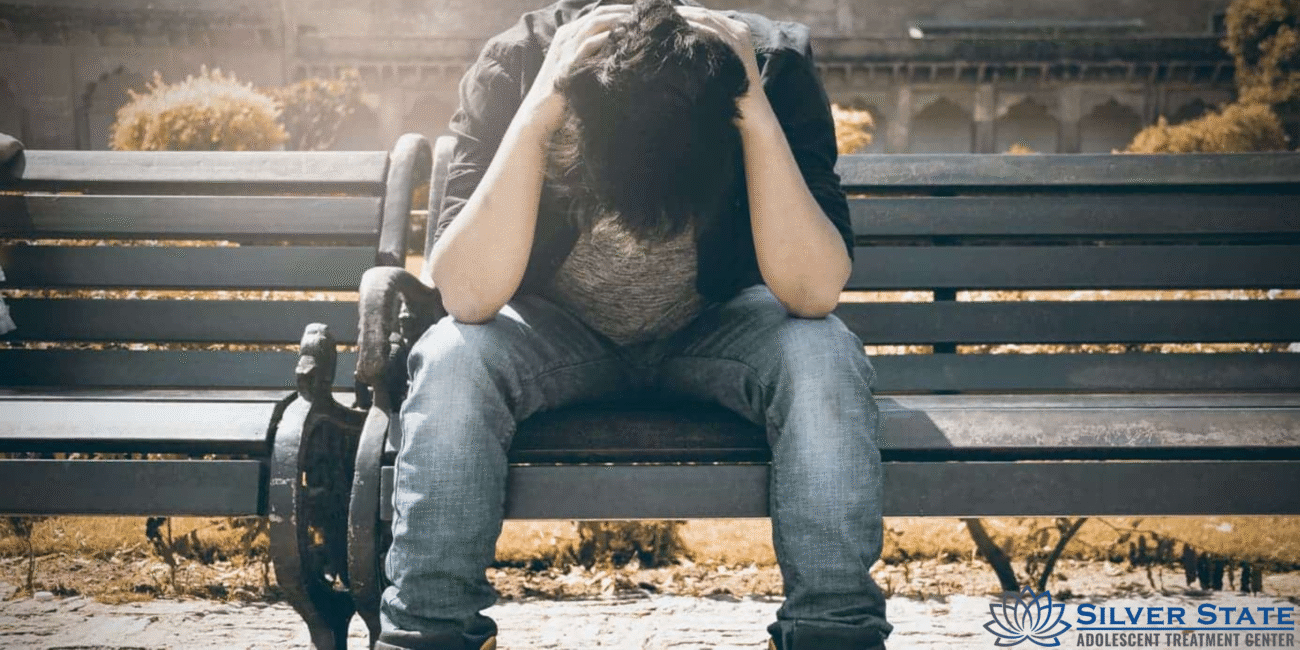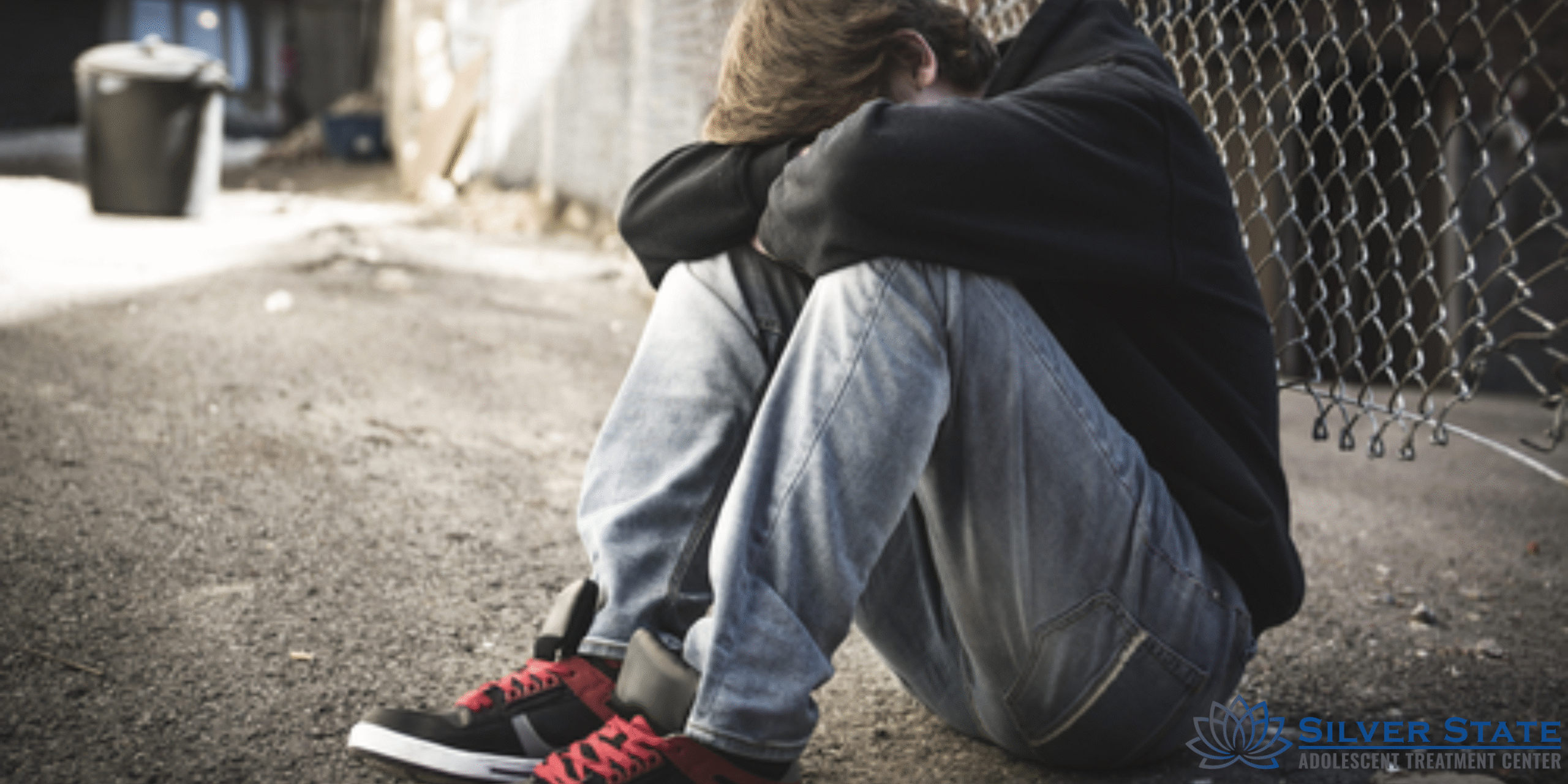Teen Trauma Among High School Seniors Confronting Cocaine’s Hidden Dangers

Table of Contents
Key Takeaways:
- Teen Trauma often leads to risky behaviors, like trying cocaine, which makes mental health problems worse and causes long-term damage.
- Cocaine‘s neurotoxic effects can slow down the growth of the brain in teens and make them more likely to become addicted and have emotional problems.
- Teen Dual Diagnosis is an essential part of effective recovery because it treats both trauma and addiction at the same time.
- Teen Therapy Programs and school-based interventions are examples of preventative strategies that make people more resilient and less likely to start using cocaine
- Knowing The Dangers of a Cocaine Overdose and having easy access to caring support services can save lives and help teens stay safe.
Introduction
Teen Trauma is a silent epidemic among high school seniors that is often not talked about or understood. Many teens turn to harmful ways of coping when they are under a lot of schoolwork stress, are alone socially, or are having problems with their family. Cocaine is one very sneaky danger that is hiding in the background. Its hidden threats are just as bad as they are underestimated.
High school seniors, who are almost adults, might think they won’t have to deal with any serious problems. Teen Trauma, along with rising stress and curiosity, can lead to dangerous drug use, such as cocaine, which is a powerful stimulant that can change lives in an instant.

How Does Trauma In Childhood Make Teens More Likely To Use Cocaine?
The Mailman School of Public Health at Columbia University found that teens who have been abused or witnessed domestic violence before the age of 11 are much more likely to try cocaine, marijuana, prescription drugs (non-medically), and other drugs. Trauma doesn’t just hurt your feelings; it changes the way your brain works, which can make drugs like cocaine seem like a quick fix.
According to theCenters for Disease Control and Prevention (CDC), about 15% of high school students have used illegal drugs like cocaine, heroin, or methamphetamines. They link drug use to things like getting hurt, failing in school, getting in trouble with the law, and having bad mental health.
What Makes Cocaine Especially Bad For Teens Who Are Still Growing?
Cocaine is bad for the developing adolescent brain, especially in areas that control impulse control and emotional regulation. Vanderbilt Universitysays that these neurodevelopmental effects can have cognitive and emotional effects that last a lifetime. Because a teenager’s brain is still developing, cocaine is more likely to be addictive and harder to recover from.
Also, studies show that trauma and drug use can make each other worse. Teenagers who have PTSD or a history of trauma are more likely to use drugs to deal with their problems. Teen Dual Diagnosis, or co-occurring disorders, requires full, trauma-informed care.
What Steps Can Schools And Communities Take To Lower The Risk?
Preventive strategies that make protective factors stronger and risks lower have been shown to lower the number of teens who start using drugs. Family involvement, school connection, academic success, and good peer influence are all significant.
Teen Therapy Programs and other recovery-oriented high school models are safe places for teens who are dealing with addiction and trauma. Houston’s Fortis Academy, a public recovery high school, uses personalized counseling and trauma assessments to help students heal while they continue their education.
Why Is It Essential For Teens Who Use Cocaine To Get Mental Health Care?
Teen Mental Health Treatment needs to take into account trauma and be holistic. If you only treat one of these things, you won’t fully recover. To deal with both the root causes and the addictive behaviors, dual-diagnosis approaches that include therapy, counseling, family support, and medical supervision are very important.

How Can Making People More Aware Of The Risks Of Overdose Save Lives?
It is essential to know The Dangers of a Cocaine Overdose.Cocaine overdoses can cause heart attacks, seizures, and breathing problems that can kill you. They often happen without warning. Teaching students, families, and teachers about these risks, along with clear warning signs like chest pain, agitation, or strange behaviors, can lead to quick action and access to treatment.
Teen Dual Diagnosis programs that are easy to get to and teach teens about overdose help make sure that teens in crisis don’t have to deal with their problems alone.
Conclusion
Teen Trauma can make high school seniors more likely to fall for the hidden dangers of cocaine. The link between early trauma and later drug use, as well as cocaine‘s harmful effects on brain development, shows why we need to treat the emotional scars and not just the drug use.
Teen Mental Health Treatment, personalized Teen Therapy Programs, trauma-informed care, and open conversations about The Dangers of a Cocaine Overdose can all give teens the power to change their lives and give them hope. Holistic support helps teens get back on the right track before trauma takes hold for good.
Call Silver State Adolescent at Tel: 725.525.9897 and let their caring staff help your teen get better.
FAQs:
How does trauma make high school seniors more likely to use cocaine?
Abuse, neglect, or violence at a young age can make it hard to control your emotions and be strong, which can make drugs like cocaine seem like a way to get away.
Can cocaine hurt a teen’s brain for good?
Yes. Cocaine stops brain areas that are important for decision-making, emotion, and impulse control from growing, which can cause long-term damage.
What makes a dual diagnosis program for teens different?
Instead of treating each condition separately, it combines treatment for mental health problems related to trauma with addiction interventions. This integrative approach acknowledges the interconnectedness of these issues, promoting holistic healing. Additionally, it emphasizes the importance of early intervention in autism treatment, as addressing these challenges early on can significantly improve the overall outcomes for individuals. By fostering a comprehensive support system, people can better navigate their recovery journeys and enhance their quality of life.
What are the signs that someone might be overdosing on cocaine?
Some of the symptoms are chest tightness, strange behavior, a fast heart rate, seizures, and passing out. It is crucial to get medical help right away to avoid death.
Citations:
- Carliner, Hannah, and Silvia S. Martins. Columbia University Mailman School of Public Health, 9 June 2016, https://www.publichealth.columbia.edu/news/trauma-childhood-linked-drug-use-adolescence
- Centers for Disease Control and Prevention (CDC). Substance Use Among Youth | Reducing Health Risks…, 2025, https://www.cdc.gov/youth-behavior/risk-behaviors/substance-use-among-youth.html
- Vanderbilt University Young Scientist Journal. The Adverse Effects of Cocaine on the Adolescent Brain, 2023, https://wp0.vanderbilt.edu/youngscientistjournal/article/the-adverse-effects-of-cocaine-on-the-adolescent-brain

